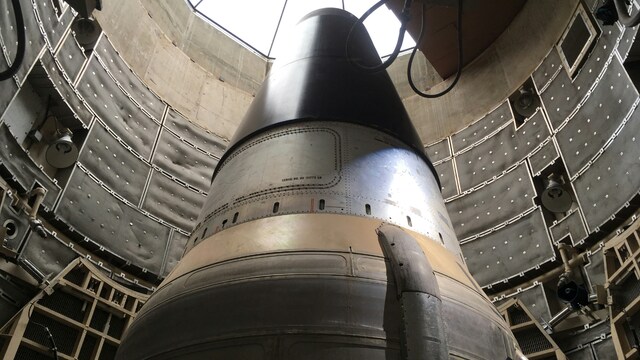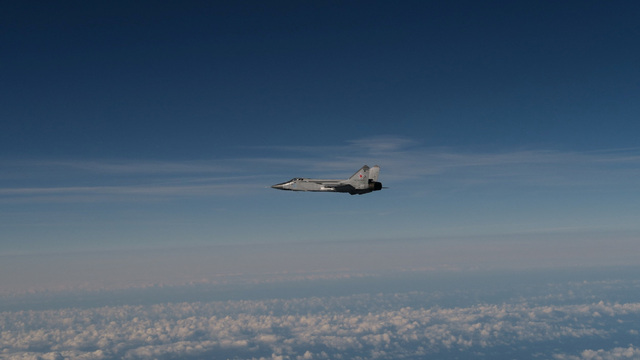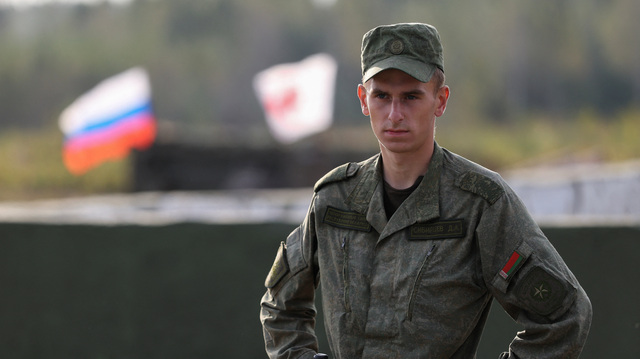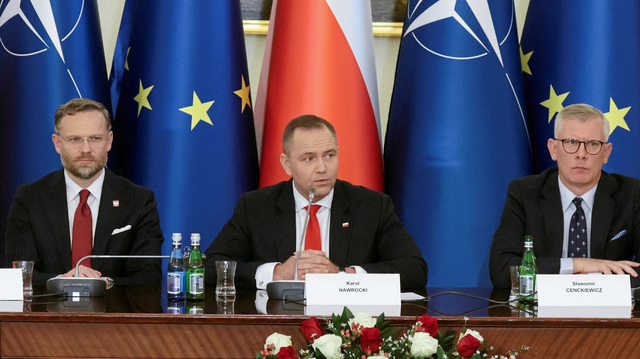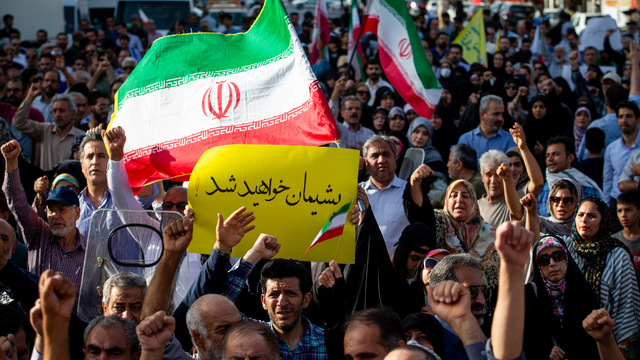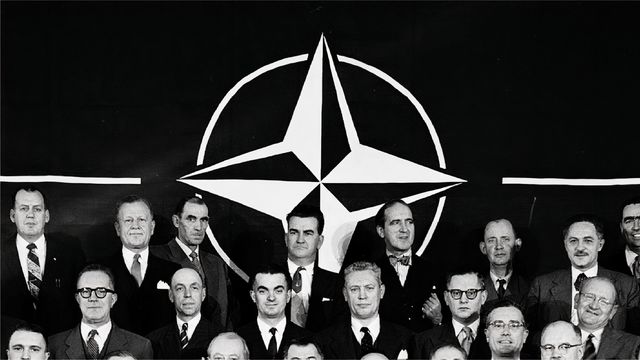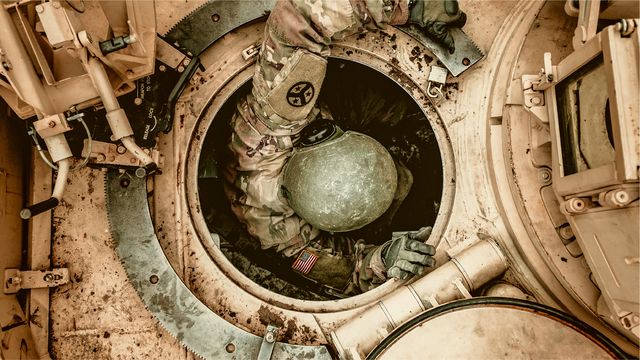Forging Civil–Military Cooperation: Domestic and International Laboratories of CIMIC Knowledge and Practice
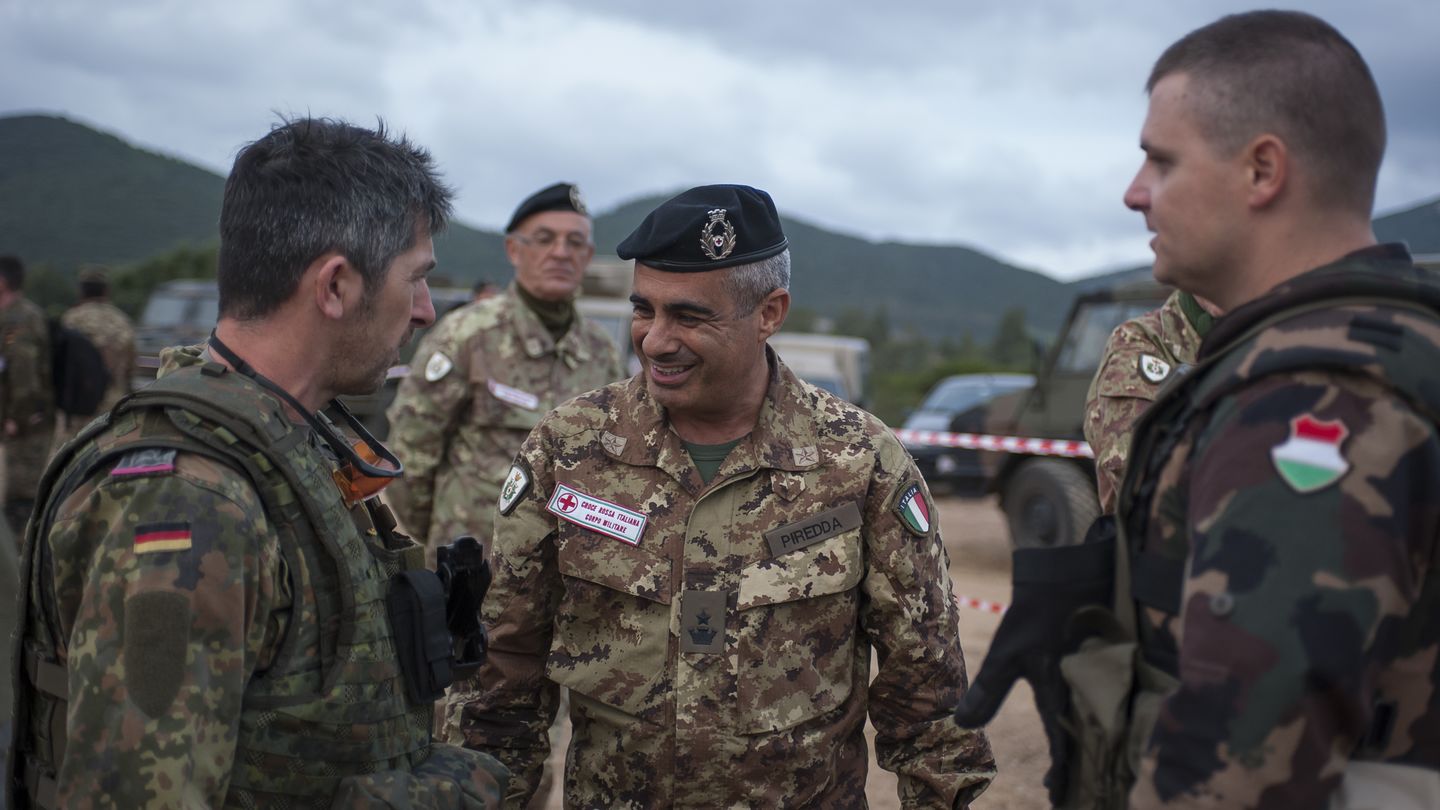
Our researchers Jan Daniel and Markéta Wittichová argue in their most recent article that knowledge-production in civil-military cooperation supports primarily the creation of roles influenced by counterinsurgency thinking.
The article contributes to the debate on local practices of international intervention and peacekeeping. It highlights the CIMIC officers’ self-understanding as military professionals whose main task is to handle the relations between the armed forces and civilian communities, mitigate the potential ‘problems’ caused by the latter and enhance the effectiveness of the military operation. The civilian population is thus understood rather as an ‘enabling condition’ of operational goals than as a primary object of military care, as cosmopolitan peacekeeping would posit.
Researchers show how such understanding has been strengthened by their involvement in counterinsurgency operations, as well as a wide range of training practices and scenarios – particularly in some of the laboratories, where knowledge on CIMIC has been produced and the main roles of CIMIC officers established. Finally, researchers argue that such an understanding of civilian populations supports the circulation of CIMIC knowledge as well as specific practices between different peacekeeping and counterinsurgency missions and therefore blurs some of the boundaries between them.
This case thus represents an opportunity to study the internal processes by which peacebuilding actors seek to establish legitimate authority and how these processes are contested from within and without. The article illustrates that legitimate authority is never simply given by the actor’s political or bureaucratic set-up and nature but emerges out of a rather messy and contested process.
